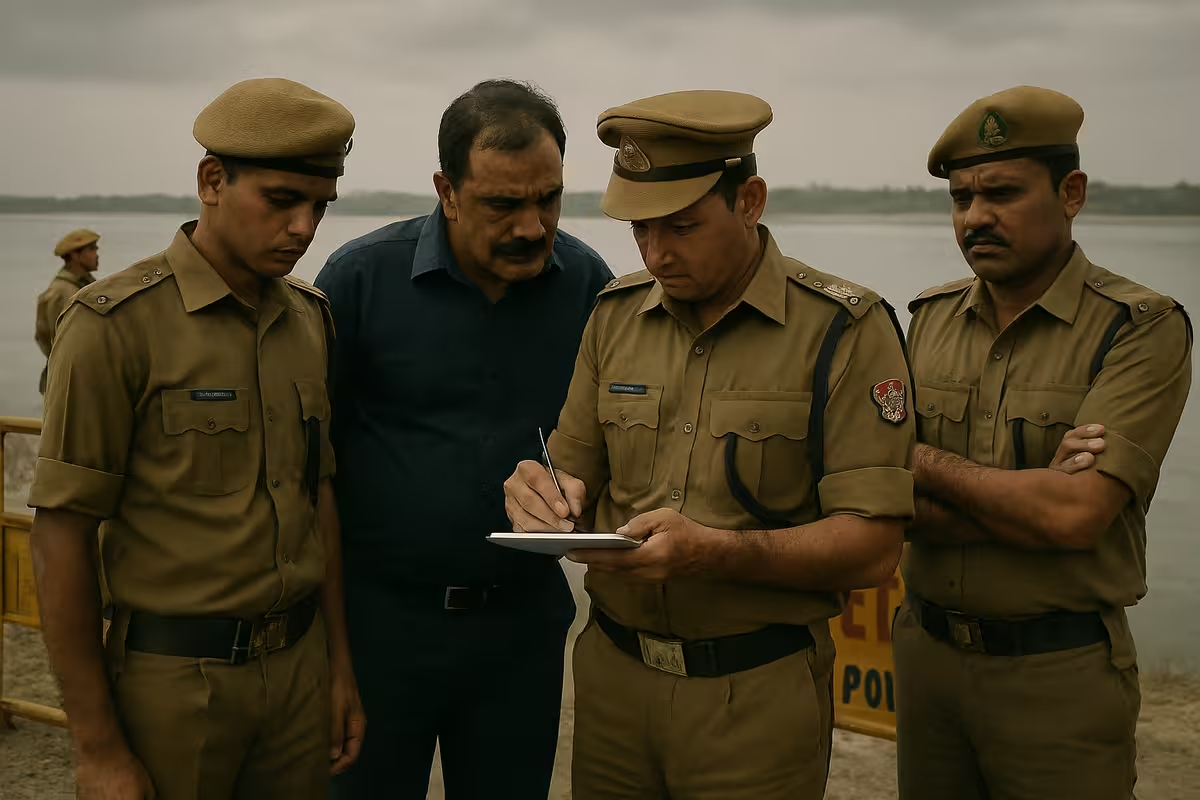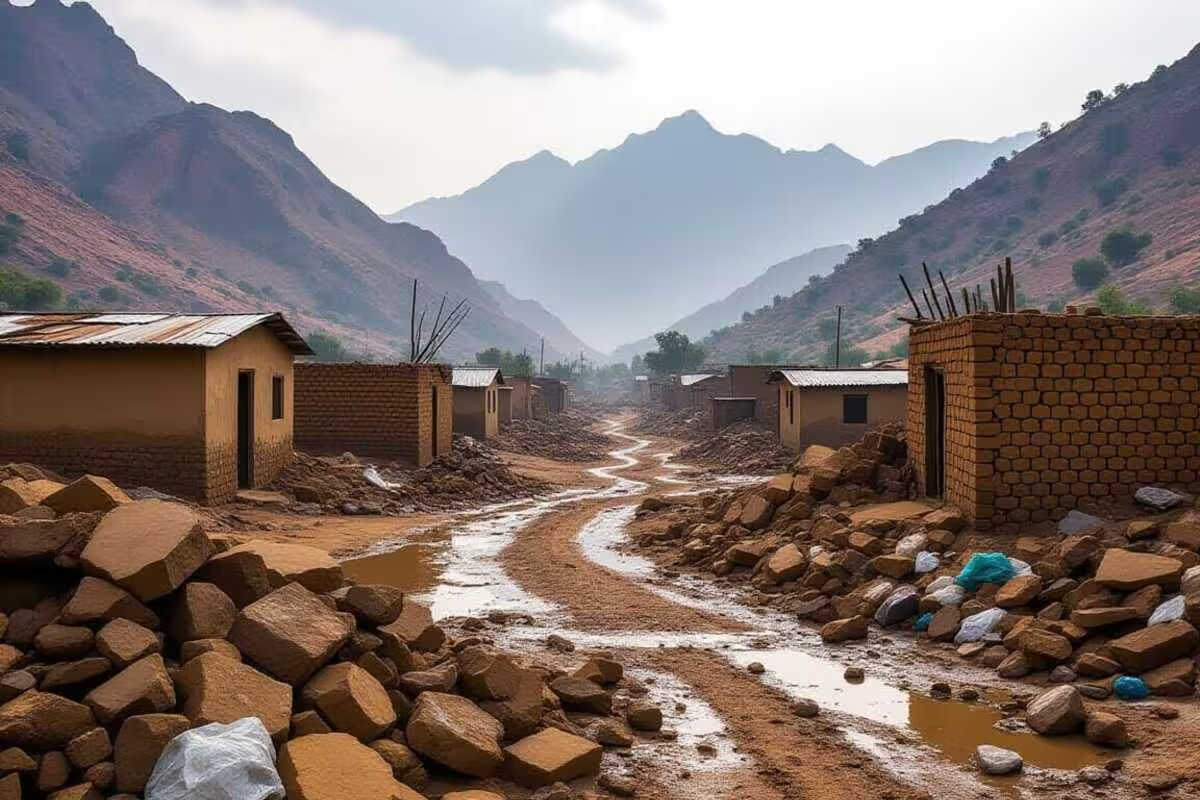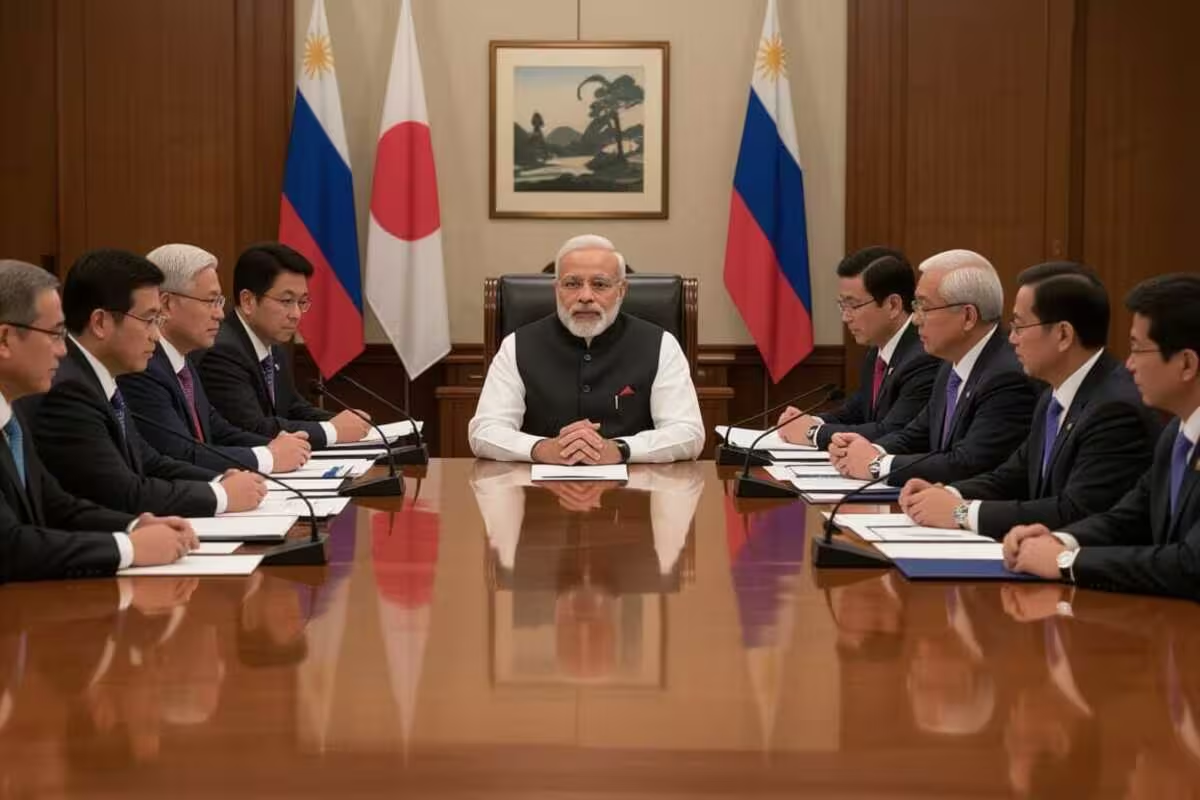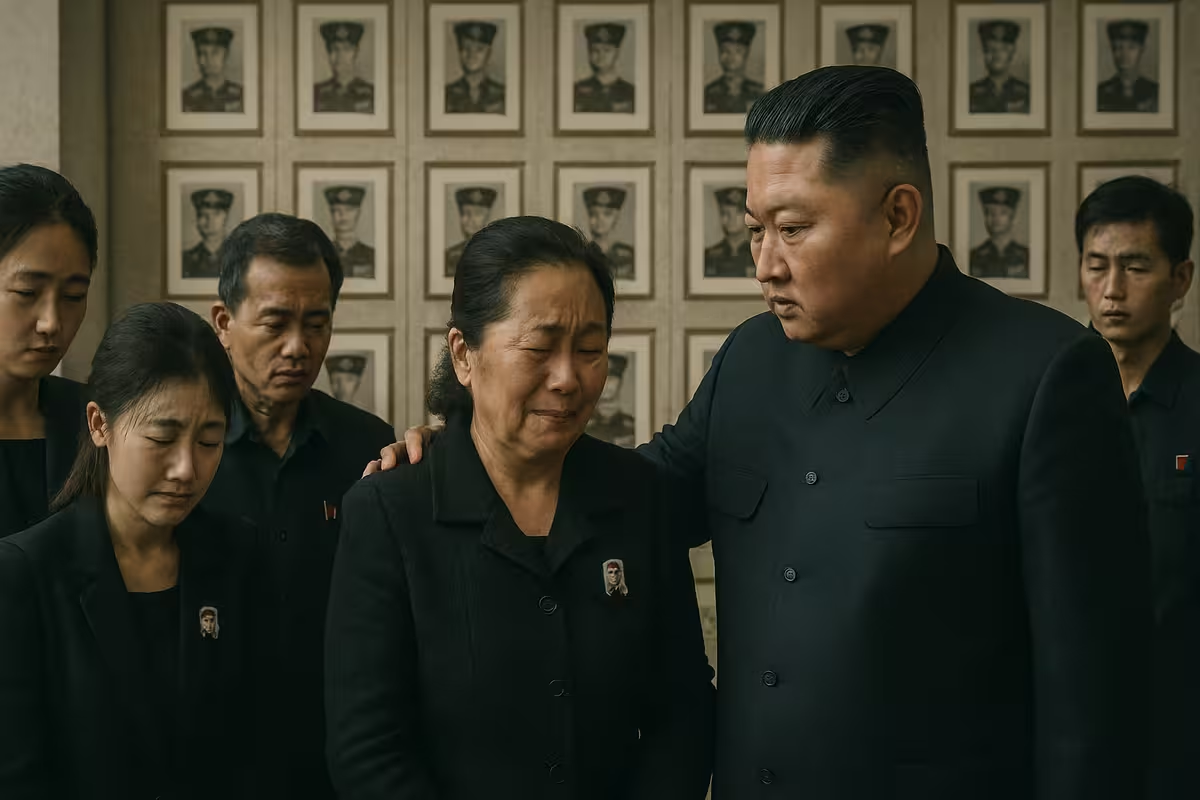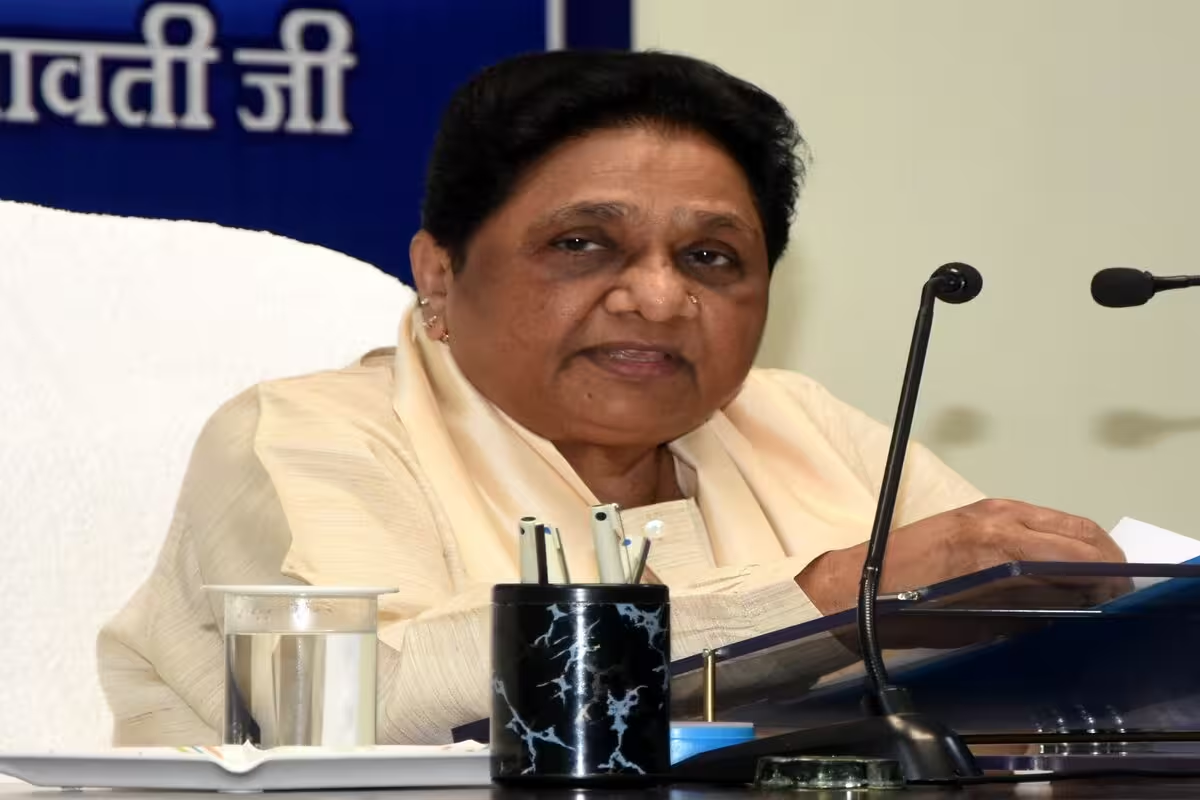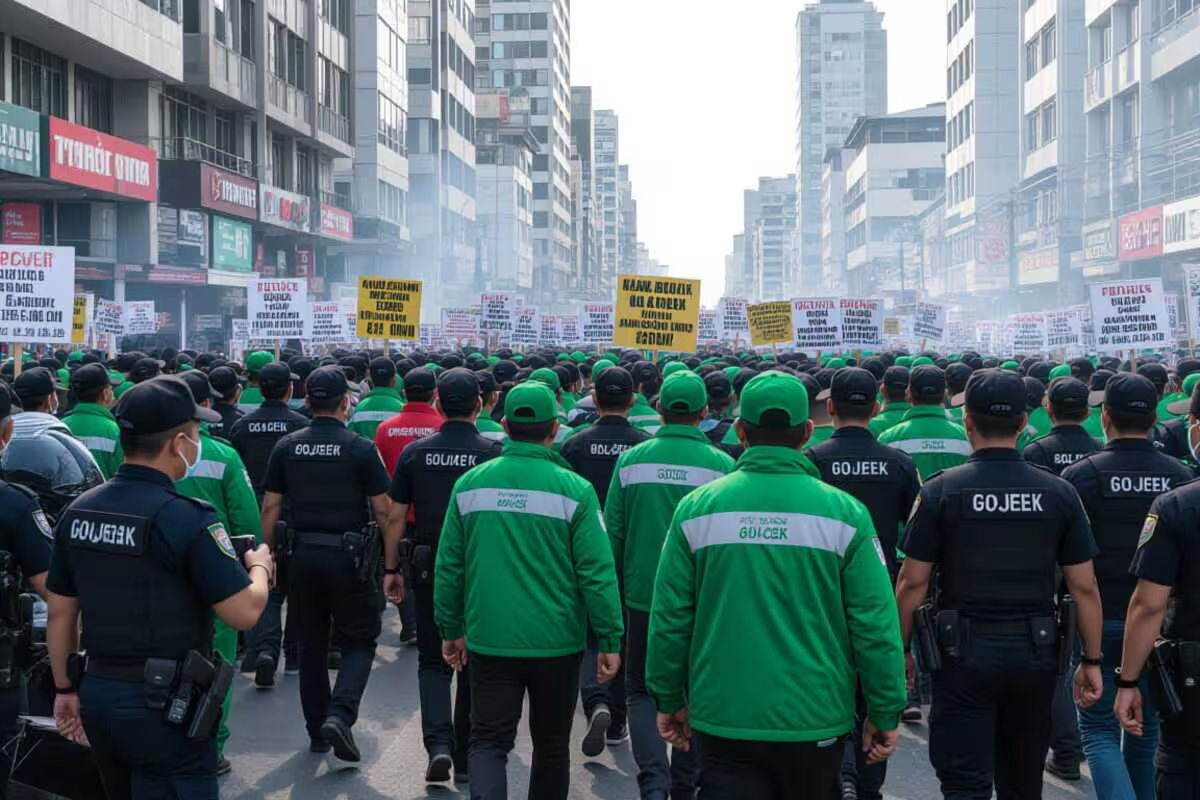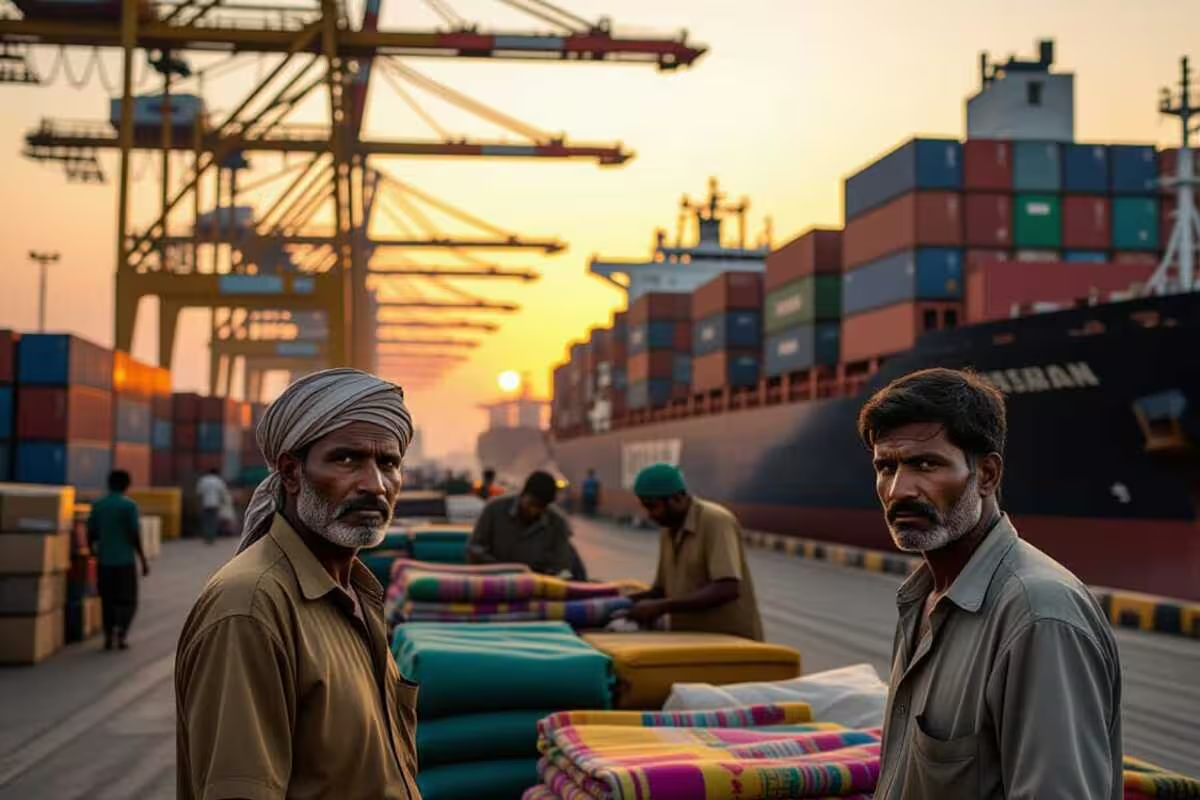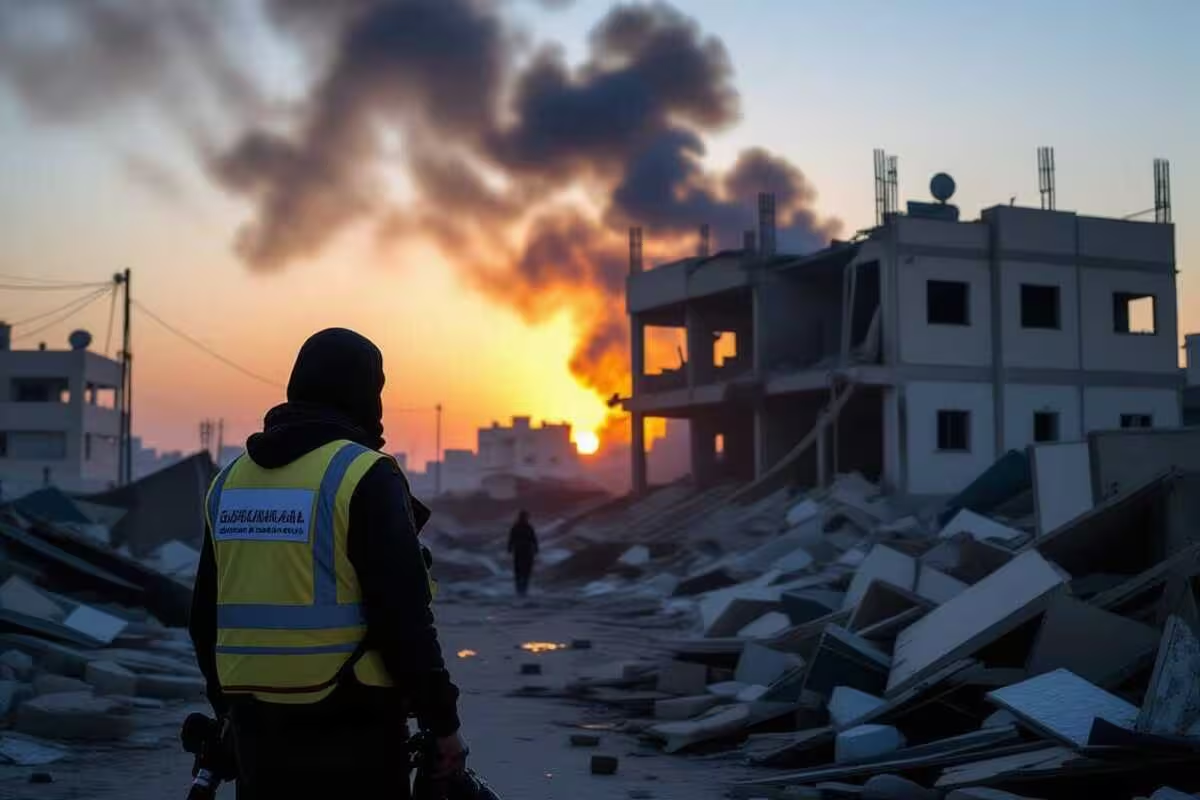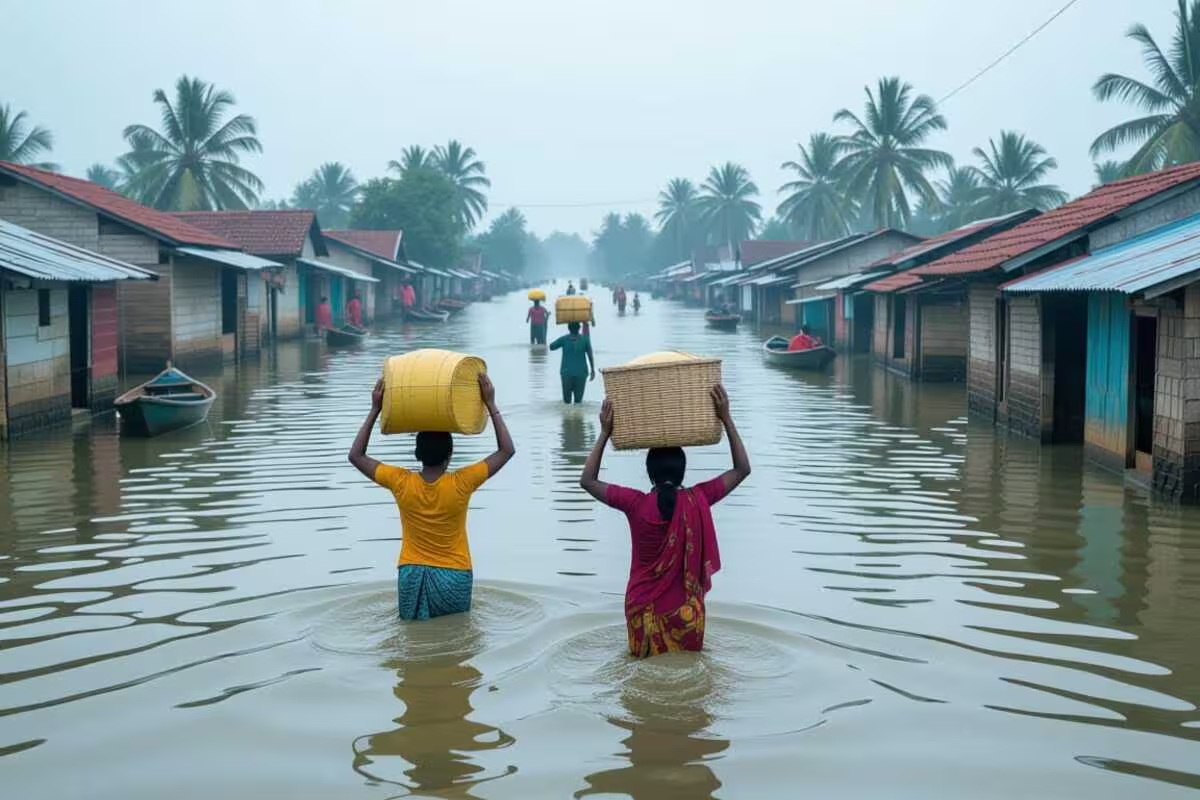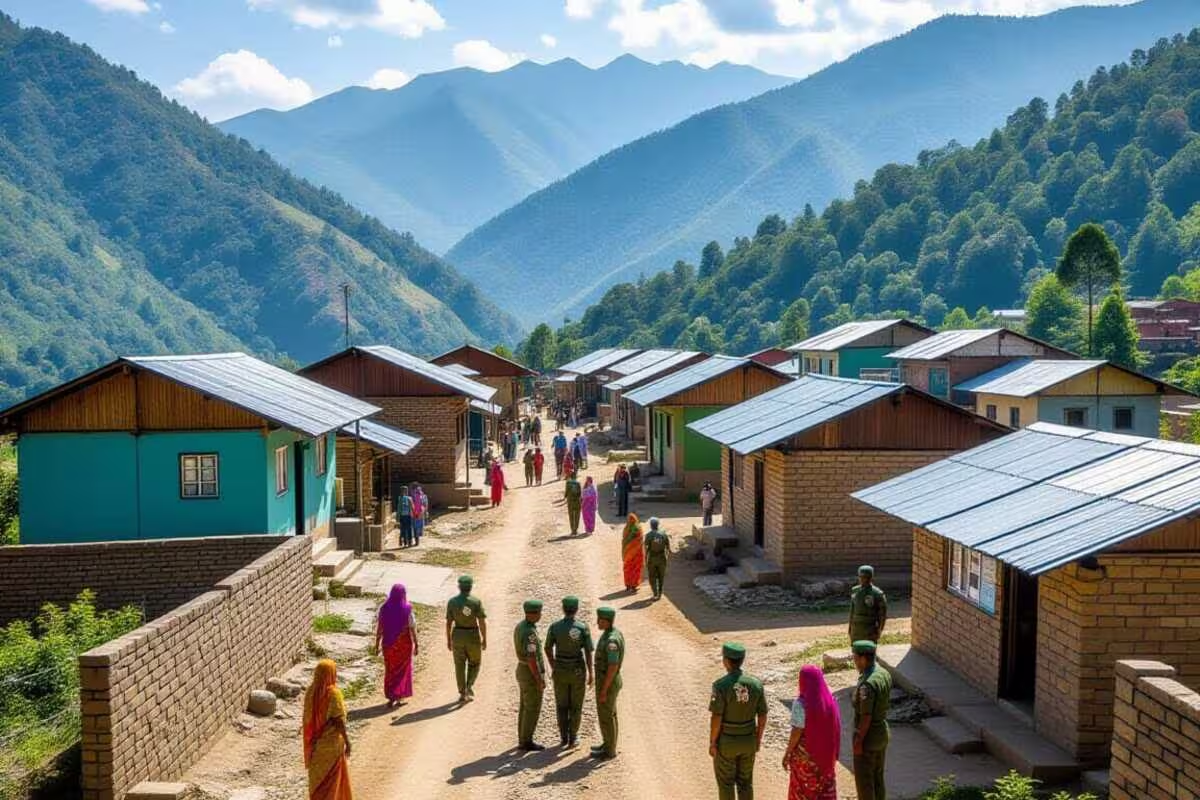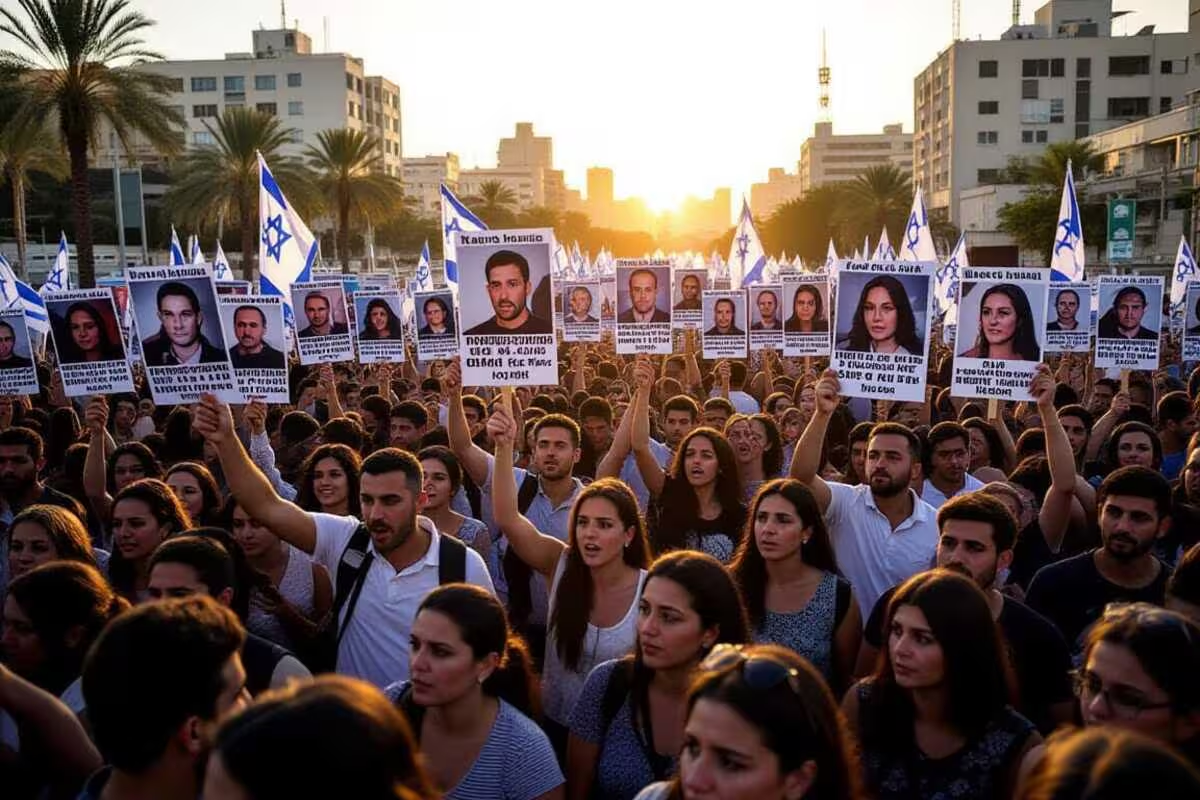Major Study Shows COVID-19 Vaccines Saved Millions, Measuring Global Impact
ROME, Italy – August 4, 2025: A new, important study in the journal JAMA Health Forum says that COVID-19 vaccines kept about 2.5 million people from dying worldwide. That’s about one life saved for every 5,400 shots given. The study was done by a team at the Catholic University of the Sacred Heart in Italy and is the most in-depth look yet at how much the vaccines helped. It looks at the time from the start of the pandemic through 2024, which includes when the Omicron variant was a big issue, giving a strong final answer on how well the global vaccination program worked.
In-Depth Global Look
To figure out these numbers, the researchers used complex statistics to look at population and vaccination information from all over the world. They compared how many people actually died to what would have happened if no one had gotten vaccinated. This let them figure out exactly how many deaths and years of life were saved because of the vaccines.
The study also found that the vaccines saved about 14.8 million years of life around the world. That breaks down to about one year of life saved for every 900 shots. Most of the lives saved were people who were more likely to get really sick or die from the virus, which shows that the public health plans to target those groups were smart.
Older People Benefited the Most
One of the key things the study found was that older adults got the most help from the vaccines. About 90% of the deaths that were prevented were people aged 60 and older. This shows how important the vaccination program was for this group, who were at the highest risk of really bad illness and death from the virus.
Plus, 76% of the years of life saved were also in people over 60. This data supports the idea of giving shots to older people and other groups at high risk first, something most countries did. Younger people didn’t get as much of a benefit.
How Vaccines Worked During the Omicron Period
The study gives us new information about how well vaccines worked against different versions of the virus. The researchers found that 57% of the total lives saved were during the Omicron period, when a lot of people were getting sick around the world. This is especially important because it shows that the vaccines kept working even as the virus changed.
The study also showed that most of the lives saved—82%—were people who got vaccinated before they got the virus. This backs up what public health officials were saying all along: getting vaccinated is the best way to avoid serious problems if you get COVID-19.
How This Study Compares to Others
The lead researchers, Dr. Angelo Maria Pezzullo and Dr. Antonio Cristiano, said that this study is the most detailed one so far. They said that other studies often only looked at certain areas or shorter periods, or they made more guesses about what was happening with the pandemic. This new study uses information from all over the world and covers the entire vaccination program through 2024.
The numbers in this study are also a bit lower than some earlier estimates that only looked at the first year of vaccination. But the researchers say that their findings still show a big and clear benefit from the global vaccination effort.
Problems and Unfairness in Getting Vaccines to Everyone
Even though the vaccination program was clearly successful, the study also points out that not everyone had equal access to vaccines. The researchers say that a lot of the lives saved were in rich countries, which got vaccines sooner and gave them out more widely. A lot of non-high-income countries had a large portion of their people get sick before vaccines were easy to get.
The global vaccine program COVAX, led by Gavi, the Vaccine Alliance, helped to fix this problem. It gave almost 2 billion doses of vaccine to 146 countries, preventing an estimated 2.7 million deaths in lower-income countries. But the study suggests that vaccines could have done even more good in these areas if they had been given out more fairly and if there hadn’t been so many logistical problems.
Looking Ahead: What We Learned from Vaccination
This research is a strong sign of how helpful it is to quickly create and give out vaccines during a global health crisis. The incredible teamwork between scientists, governments, and groups like the World Health Organization (WHO) and UNICEF led to a public health effort that was one of the biggest in history.
The World Health Organization ended the COVID-19 Public Health Emergency of International Concern in May 2023, but this study still gives us important information for dealing with future pandemics. What we learned during this time will be very helpful for creating better and fairer global health plans in the future.



